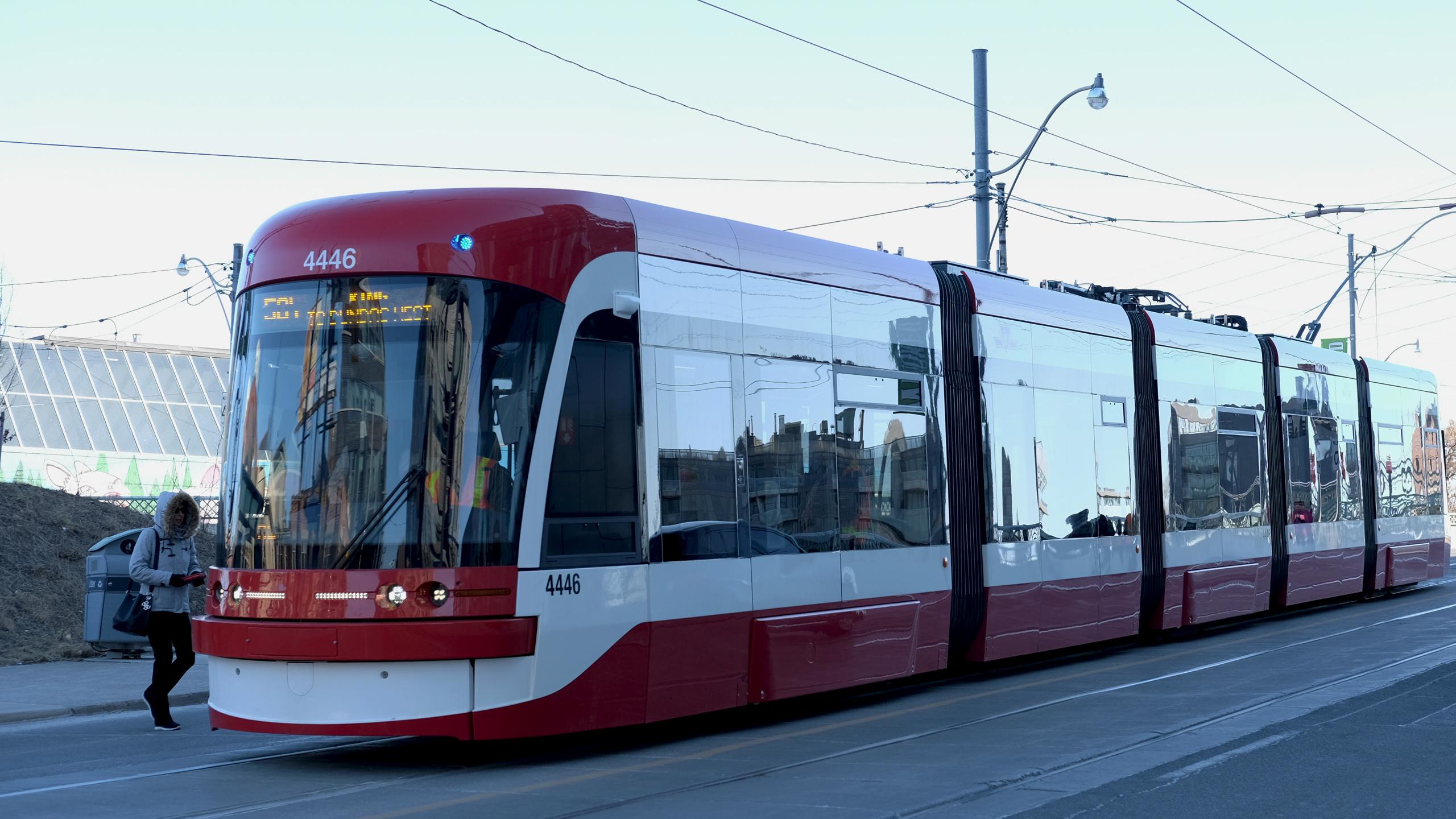By Jacob Dubé
Well, it happened. Students voted on the RU-Pass, and the majority voted in favour.
Future Ryerson students will have them to thank for their unlimited TTC travels (and a hefty tuition increase).
While there are definitely more than a few students who didn’t want this to happen and are pissed that it did, I have to say this referendum has been one of the most accurate representations of the interests of Ryerson’s student body in recent memory.
Over 16,000 students voted in the RU-Pass referendum—42.8 per cent of eligible voters. Compared to other instances on campus where students have had to vote, this is massive. To put it in context, your current Ryerson Students’ Union (RSU) president, Ram Ganesh, won the election with 3,373 votes.
The student representatives on the Board of Governors won with only about 800 votes each—a measly 4.9 per cent of eligible voters participated. Voter apathy on campus has always been an issue.
The Eyeopener writes a story every few years about it, and it doesn’t seem like much has changed (I even found an extremely sad story from 1998 where we boasted that an ENTIRE 436 students voted in the Board of Governors elections).
It’s not hard to see why so many people got involved this time around—a $564 increase in tuition is not something that anybody would take lightly. Plus, the RSU spent several currently-undisclosed thousands marketing the campaign.
As a reporter worn down by years of RSU election coverage with sad voter turnouts, participation on both sides of this referendum has been uplifting. But you shouldn’t just vote on the big stuff.
The RSU board and executive that introduced the RU-Pass last year were voted in by a few thousand people. The amount of people who voted for your student reps on the Board of Governors who approved the referendum was even less.
If you’re only participating when something as big as the RU-Pass comes up, you’re missing out on getting your voice heard at every step of the way. It’s easy to care when your money is on the line. It’s harder to think about how a vote, that doesn’t seem that relevant right now, might affect you down the line.
I hope that the 42.8 per cent of students who voted on the pass keep it up, or else we’ll never reach a point where our projects are based on the actual needs of the student body, instead of just the few who are paying attention.













Leave a Reply